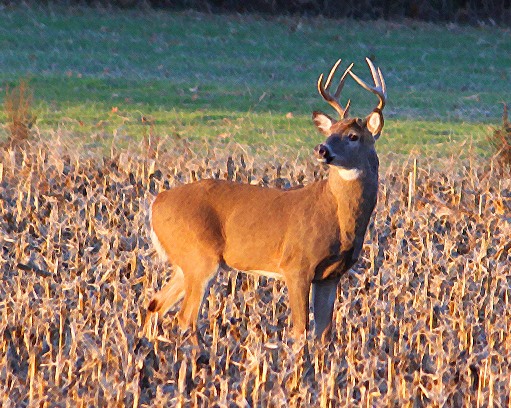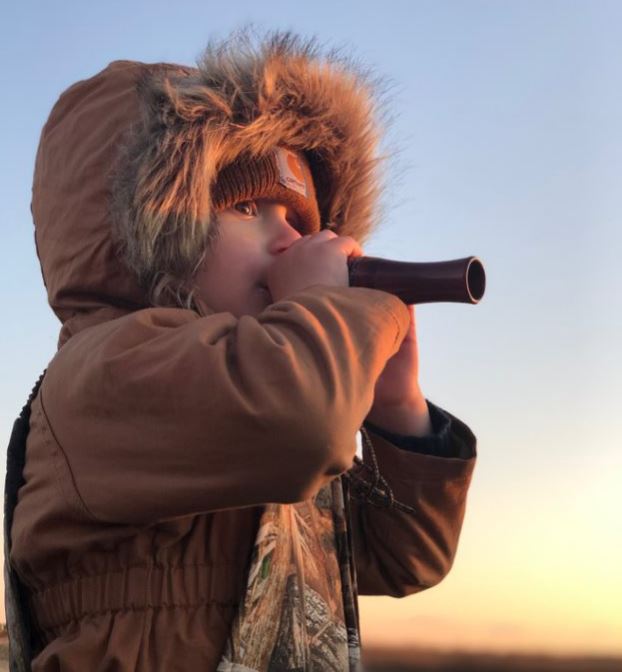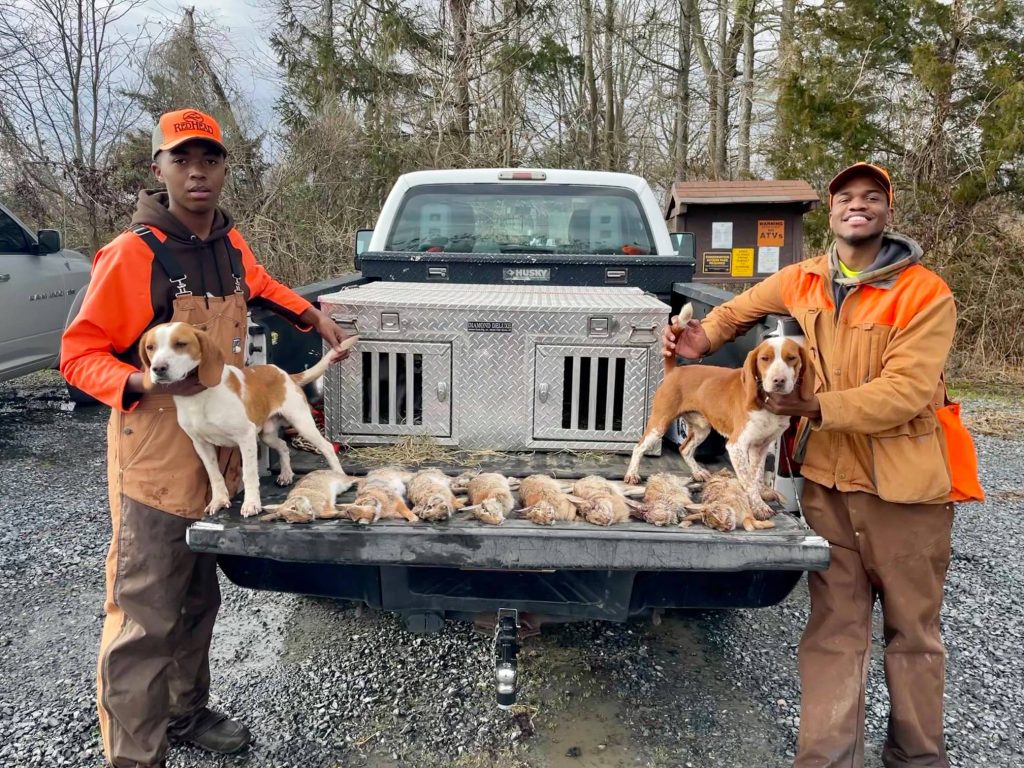By Brooke Mitchell and Mark Ostroski
 Do you have all the information you need to go afield? Find out all you need to know about hunting and trapping seasons, bag limits, licenses and permits, and much more on our eRegulation pages. Information is also available in the 2021/2022 Delaware Hunting & Trapping Guide or you can call our wildlife section at 302-739-9912.
Do you have all the information you need to go afield? Find out all you need to know about hunting and trapping seasons, bag limits, licenses and permits, and much more on our eRegulation pages. Information is also available in the 2021/2022 Delaware Hunting & Trapping Guide or you can call our wildlife section at 302-739-9912.
Delaware hunting licenses, Conservation Access Passes and more can be bought online at our ePermitting portal or from hunting license agents statewide.
Federal migratory bird (duck) stamps are available at U.S. post offices, Bombay Hook and Prime Hook national wildlife refuges, and online at 2021-2022 Migratory Bird Hunting and Conservation Stamp.
If you were born after Jan. 1, 1967, you must take the Hunter Education Program course. You have to be at least 10 years old to take the training.
 The Basic Education Course is offered in-person at one of the DNREC Hunter Education classrooms located throughout the state. Please note that, due to COVID-19, all students and instructors attending the class are required to wear a mask until further notice.
The Basic Education Course is offered in-person at one of the DNREC Hunter Education classrooms located throughout the state. Please note that, due to COVID-19, all students and instructors attending the class are required to wear a mask until further notice.
You can also take the course online. Online courses allow you to study and take the exam at your own pace with a fee due only when you are ready to have the vendor certify your successful completion which authorizes you to take part in the required hands-on field day training.
Delaware state law requires all basic hunter education students to participate in the field day training – a live firing session with a trained firearms instructor – in order to successfully complete the course. State insurance rules require all participants in any course which includes live firing to sign a Release from Liability Waiver before taking part in live firing.
In both the Basic Hunter Education traditional courses and the field day training students will learn safety, ethics, firearm types, Delaware laws and regulations, loading/unloading, safe handling and transportation of firearms, field skills involving blinds, boats and tree stands, zones of fire, obstacle crossing, operation of safeties and shotgun live firing.
Students register for both courses using the Digital DNREC Hunter Education system.
 All live courses are free. Pre-registration is required
All live courses are free. Pre-registration is required
Since 1967, more than 35,000 hunters have completed hunter safety courses and received hunter safety cards in Delaware, with a substantial decrease in hunting-related accidents.
For more information, contact the Division of Fish and Wildlife hunter education office at 302-735-3600 x1, or visit the Hunter Education website.
If you see something, say something! You can report violations of Delaware’s hunting and wildlife regulations through the Operation Game Theft hotline. The fund provides cash rewards up to $1,000 for information leading to the arrest and conviction of game law violators. Report any suspicious or illegal activity that you see as soon as possible by calling 800-292-3030. Your identity and information are kept confidential.
You can also report fish, wildlife, and boating violations to our Fish and Wildlife Natural Resources Police by calling 302-739-4580 or through the DENRP Tip411 app on a smartphone. The app can be downloaded free by searching “DENRP Tip” via the Google Play Store or the iTunes App Store.

Except for waterfowl hunters, wearing hunter orange is required during all firearms deer seasons.
Firearm deer hunters, as well as bow hunters and small game hunters, are required to wear no less than 400 square inches of hunter orange on their heads, chests, and backs combined.
Deer hunters concealed inside ground-level blinds also must place 400 square inches of hunter orange within 10 feet outside of the blind and at least three feet off the ground during firearms deer seasons.
Sergeant Brooke Mitchell is with the Delaware Natural Resources Police in the DNREC Division of Fish and Wildlife.
Mark Ostroski is the outreach administrator of hunting and aquatic education programs with the DNREC Division of Fish and Wildlife.
Related Topics: adventure, education, fish and wildlife, hunting, outdoors and recreation